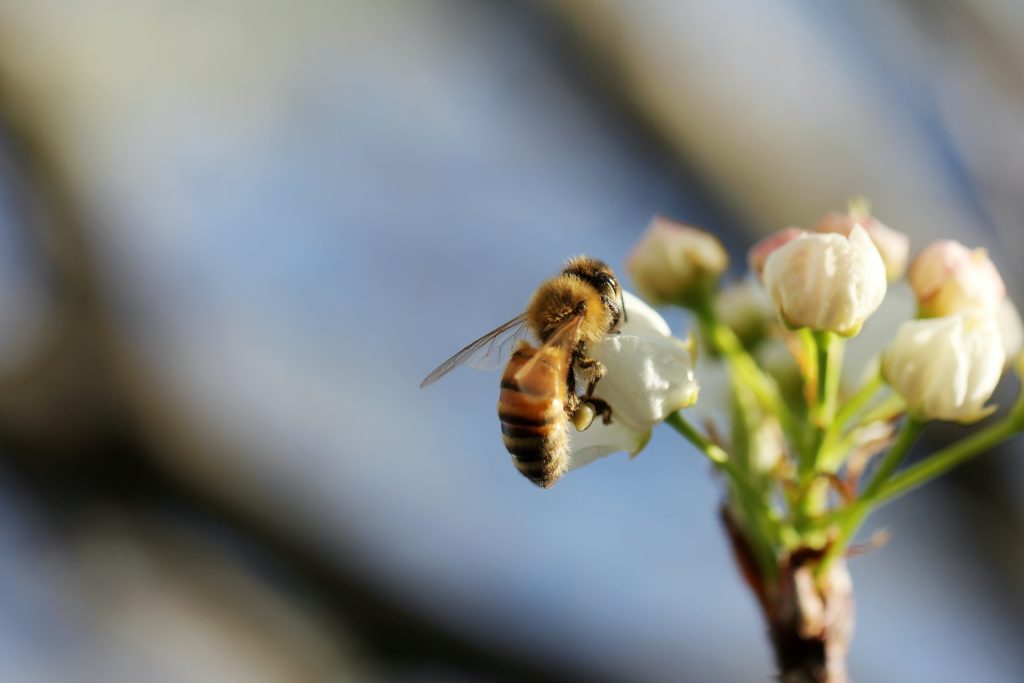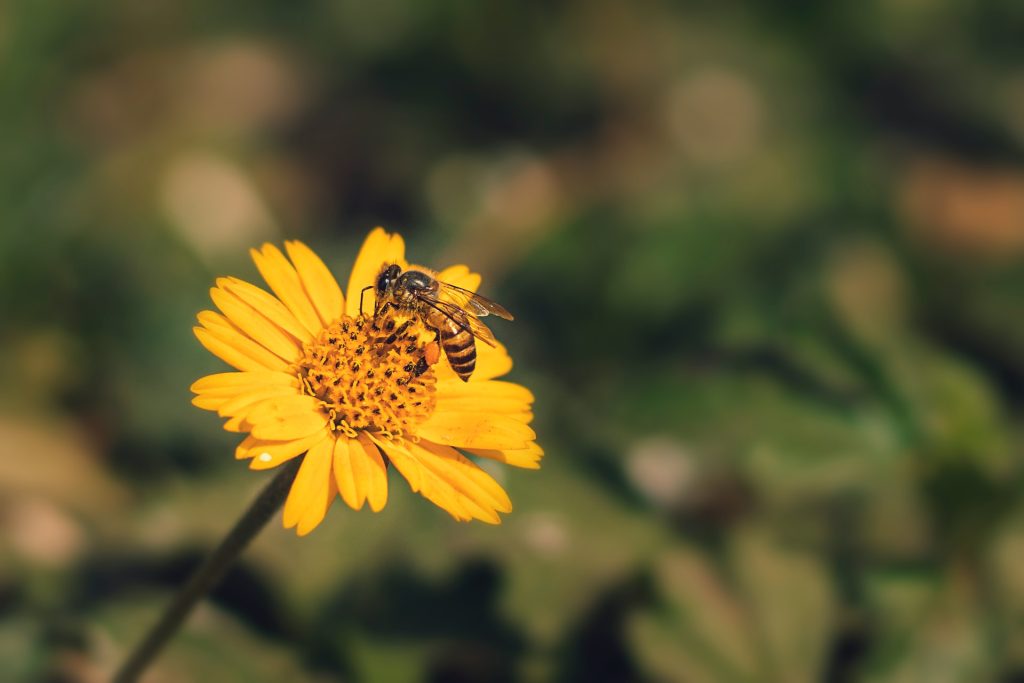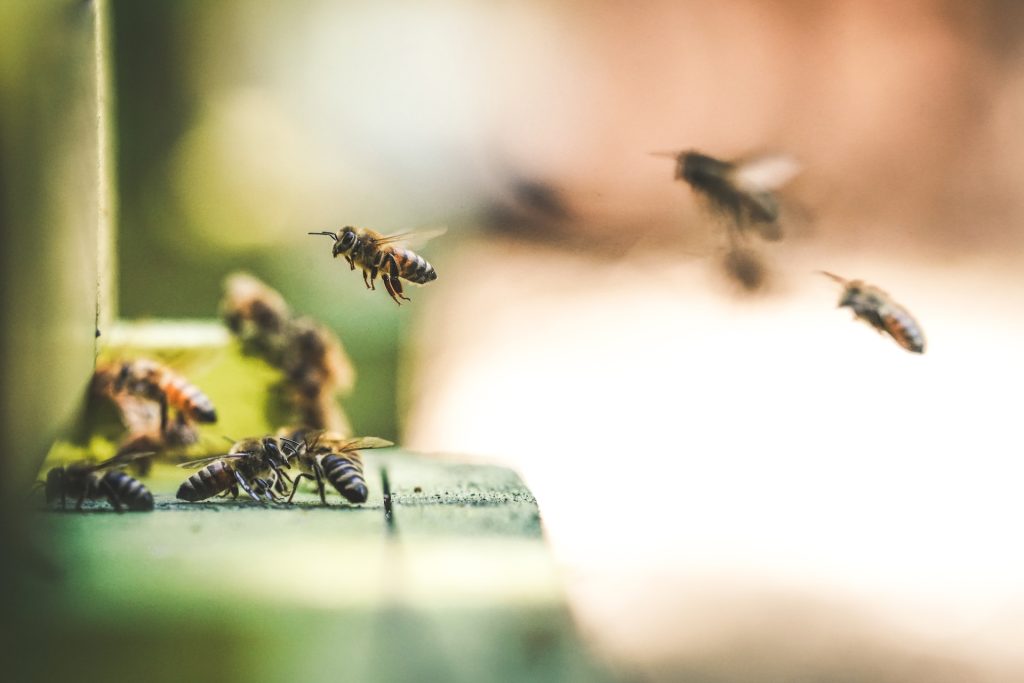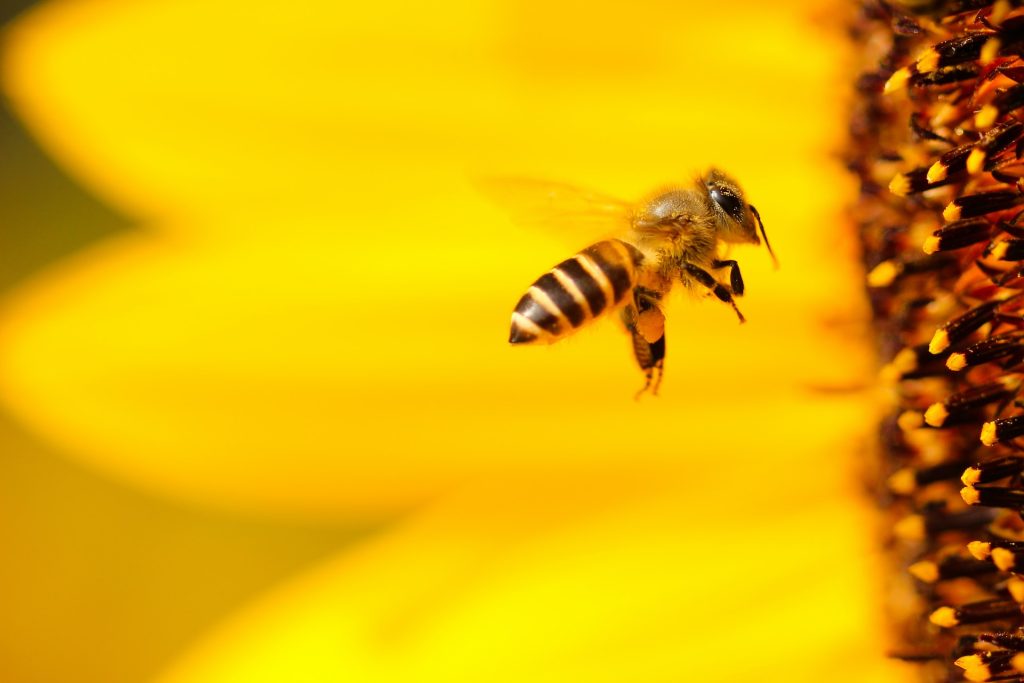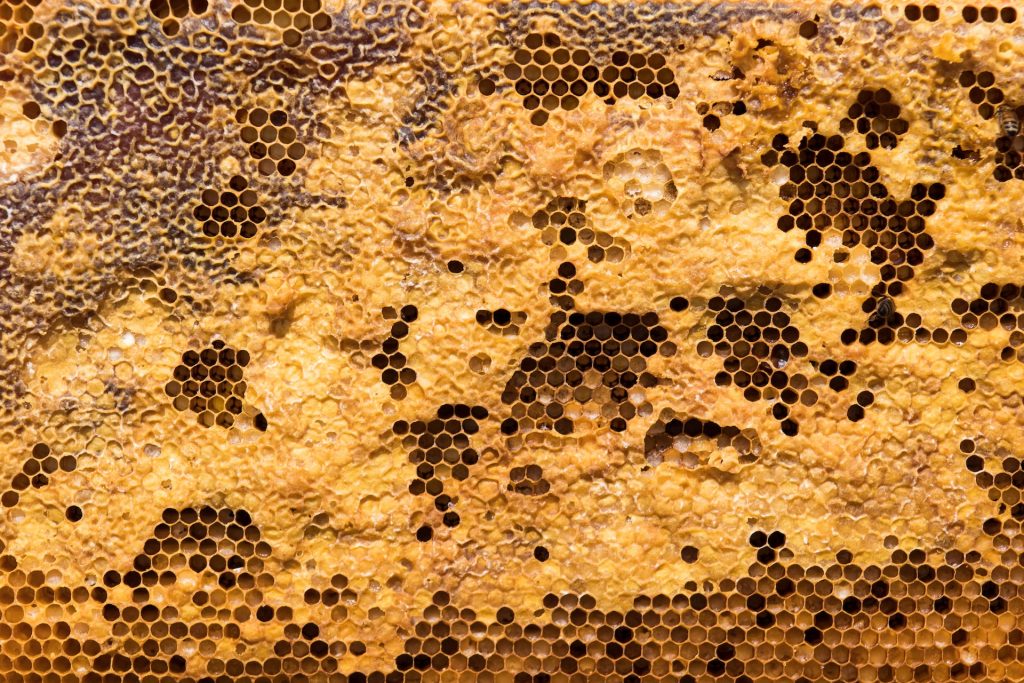Bees are remarkable creatures that play a crucial role in agriculture, specifically in enhancing crop yields and improving farming practices. As diligent pollinators, bees facilitate the reproduction and growth of numerous crops, contributing to increased productivity and overall food security. In this article, we will delve into the ways in which bees positively impact crop production, explore their significance in farming practices, and emphasize the importance of preserving and supporting bee populations for sustainable agriculture.
The significance of bees in pollination cannot be overstated. Pollination is the process by which pollen is transferred from the male parts of flowers to the female parts, enabling fertilization and subsequent fruit and seed production. Bees, with their intricate relationship with flowers and their efficient foraging behaviors, are particularly effective pollinators. They transfer pollen as they visit flowers in search of nectar and pollen, ensuring the cross-pollination required for successful reproduction.
The presence of bees and their pollination services have been shown to significantly enhance crop yields. Farmers who actively introduce managed honeybee colonies into their fields benefit from increased pollination rates, resulting in larger and more uniform fruit set, improved seed production, and enhanced crop quality. The value of these “ecosystem services” provided by bees cannot be understated, as it directly translates into increased agricultural productivity and economic value.
Various crop categories greatly benefit from bee pollination. Fruits such as apples, cherries, berries, and melons heavily rely on bees for successful pollination, leading to better fruit quality and increased yields. Additionally, oilseed crops, such as canola and sunflower, as well as legumes like soybeans and lentils, greatly benefit from bee pollination, which contributes to improved seed set and subsequent crop production. Moreover, many vegetables, including cucumbers, zucchinis, peppers, and tomatoes, also exhibit higher yields when adequately pollinated by bees.
Beyond their direct impact on crop yields, bees also play a vital role in biodiversity conservation and habitat preservation. The diversity of bee species is closely tied to the health of ecosystems, as they facilitate the pollination of wild plants and contribute to the overall balance of biodiversity. By conserving natural habitats, promoting the establishment of pollinator-friendly environments, and supporting native bee populations, farmers and conservationists can work hand in hand to ensure sustainable agriculture and protect the long-term health of ecosystems.
In addition to their contributions to crop yields and biodiversity, bees indirectly improve farming practices by promoting environmentally friendly approaches. Integrated Pest Management (IPM) is an agricultural strategy that aims to minimize pesticide use by utilizing natural pest control methods. By relying on the pollination services of bees, farmers can reduce the need for chemical pesticides, thus mitigating the potential negative impacts on human health, beneficial organisms, and the environment. Furthermore, incorporating agroecological practices such as the inclusion of cover crops and diverse flowering plants within farming systems helps create habitats that support bee populations, fostering a more sustainable and resilient agricultural landscape.
The economic value of bees in agriculture is substantial. The global value of crop pollination by bees has been estimated to be in the billions of dollars annually. The contributions of bees to crop production and food systems are vital for supporting livelihoods, ensuring food security, and maintaining economic stability in agricultural communities worldwide. It is essential to recognize the risks associated with declining bee populations and the potential consequences for food production and the global economy.
Addressing the challenges faced by bees and maximizing their positive impact on farming practices require collaborative efforts and partnerships. Beekeepers, farmers, researchers, and policymakers need to work together to develop and implement sustainable farming practices that support bee populations while meeting the demands of agricultural production. Certification programs and initiatives that promote bee-friendly farming can help raise awareness and encourage adoption of poll

